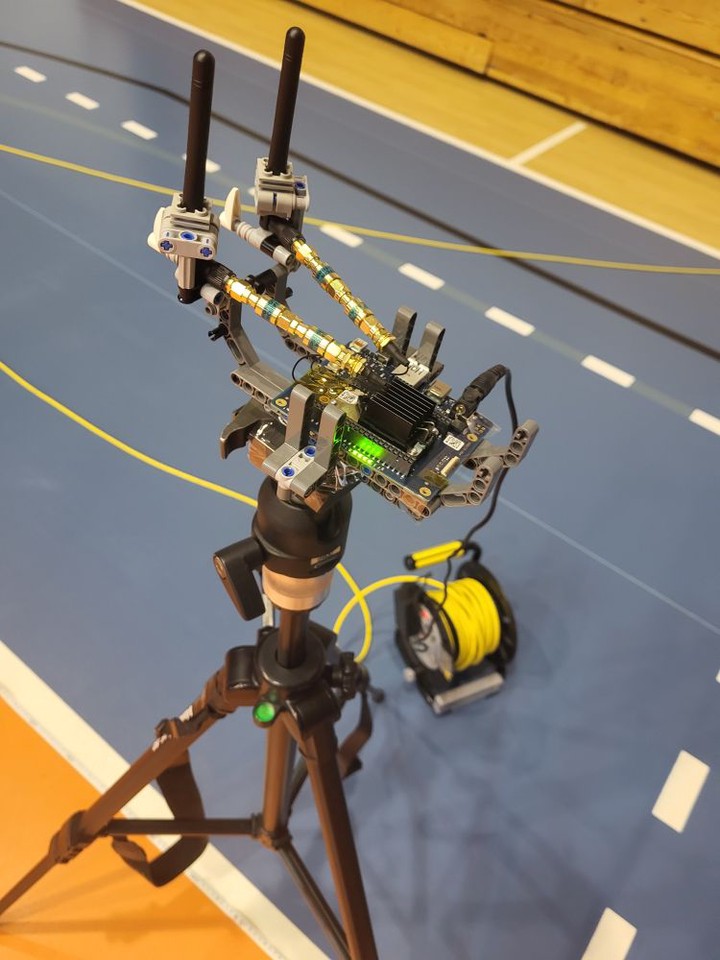Using ranging for collision-immune IEEE 802.11 rate selection with statistical learning

Abstract
Appropriate data rate selection at the physical layer is crucial for Wi-Fi network performance: too high rates lead to loss of data frames, while too low rates cause increased latency and inefficient channel use. Most existing methods adopt a probing approach and empirically assess the transmission success probability for each available rate. However, a transmission failure can also be caused by frame collisions. Thus, each collision leads to an unnecessary decrease in the data rate. We avoid this issue by resorting to the fine timing measurement (FTM) procedure, part of IEEE 802.11, which allows stations to perform ranging, i.e., measure their spatial distance to the AP. Since distance is not affected by sporadic distortions such as internal and external channel interference, we use this knowledge for data rate selection. Specifically, we propose FTMRate, which applies statistical learning (a form of machine learning) to estimate the distance based on measurements, predicts channel quality from the distance, and selects data rates based on channel quality. We define three distinct estimation approaches: exponential smoothing, Kalman filter, and particle filter. Then, with a thorough performance evaluation using simulations and an experimental validation with real-world devices, we show that our approach has several positive features: it is resilient to collisions, provides near-instantaneous convergence, is compatible with commercial-off-the-shelf devices, and supports pedestrian mobility. Thanks to these features, FTMRate outperforms existing solutions in a variety of line-of-sight scenarios, providing close to optimal results. Additionally, we introduce Hybrid FTMRate, which can intelligently fall back to a probing-based approach to cover non-line-of-sight cases. Finally, we discuss the applicability of the method and its usefulness in various scenarios.